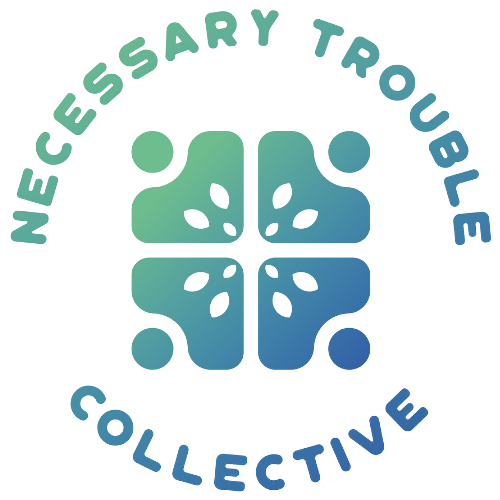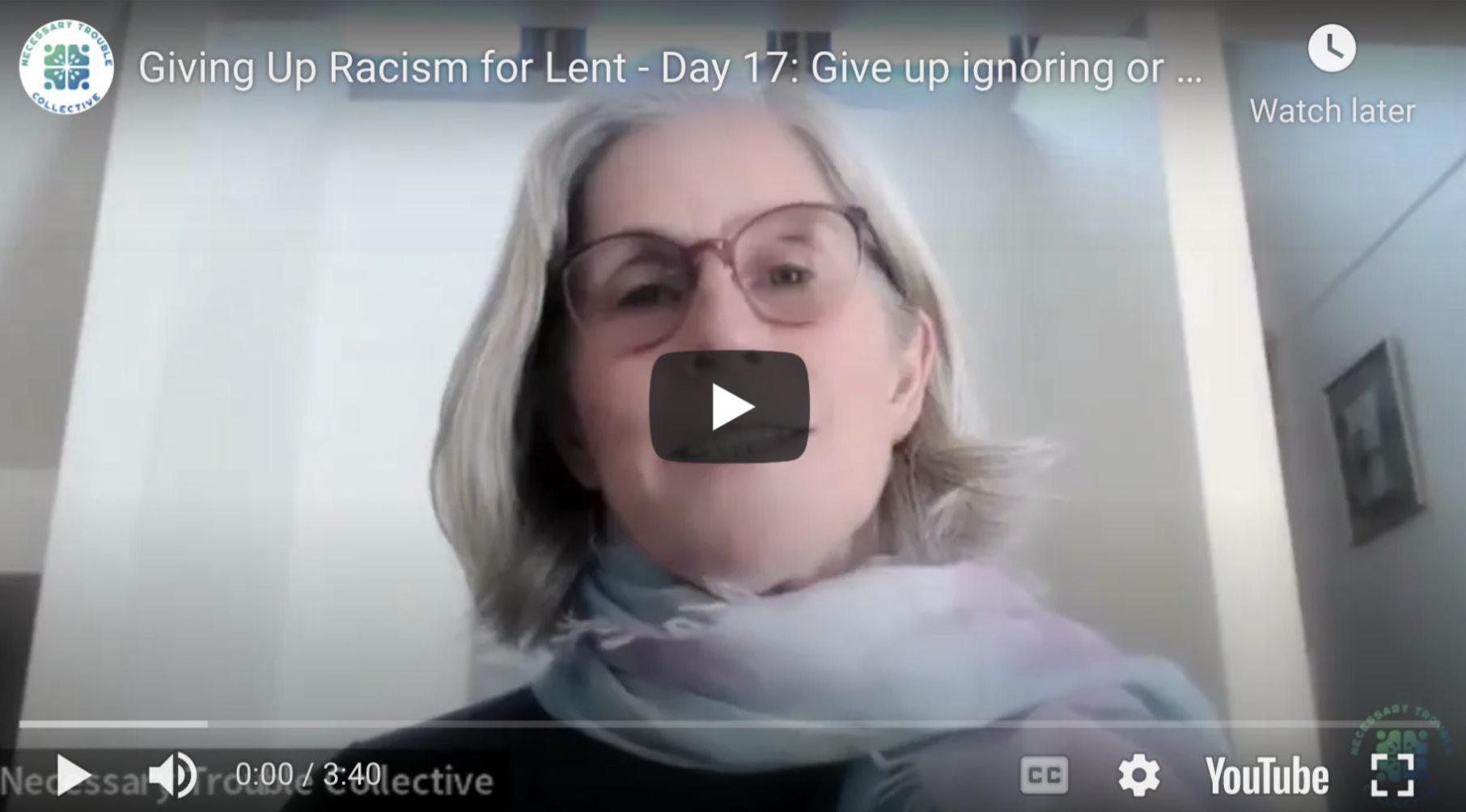DAY 17: Give up ignoring or minimizing racial hate crimes
Racial hate crimes are acts of aggression that are motivated by racial bias. Because racial bias is always present, stressful events such as a pandemic or a violent attack leads to an increase in racially motivated attacks on individuals or communities. Since 9/11, Islamophobia has been a constant in the lives of Muslims all over the world. In the last 5 years, more Muslims have been killed in hate attacks in Canada than in any other G7 country. In Vancouver, a city lauded for its multiculturalism, anti-Asian hate crimes rose by 700% in the first year of the COVID pandemic, fueled by long standing anti-Asian racism simmering below the surface combined with misinformation about the origins of COVID 19.
Racial hate crimes are not motivated by hate, they are motivated by fear, ignorance and anger and are fueled by public or political discourse that dehumanizes specific groups. They isolate and terrorize both individuals and whole communities reinforcing the racial hierarchy. The impact of racial hate crimes ripples throughout the target community in a way that other crimes do not, disrupting an entire group’s sense of safety and belonging and negatively impacting mental, emotional and physical health.
When someone is the target of a racially motivated hate crime or personal attack, witnessed by others, and no one speaks up or intervenes, the target assumes that everyone present is in agreement with what is happening. This is why it is so important as a witness to speak up and offer support so the person is not left to deal with the trauma alone. Stepping up as a bystander diminishes the experience of being alone and helpless which helps with recovery.
TIP: Become a prepared bystander. Take bystander intervention training and practice the skills. Consider these skills to be a part of your first aid kit and have them ready. One online training option is “I Holla Back”. Intervening can be as simple as asking “are you OK”, standing with them while the attack is happening or asking the attacker to stop. Remind the target that they did not deserve to be treated that way and ask what support they need. Becoming an engaged bystander can make all the difference in mitigating the trauma and reducing the ongoing impact of these events.
RESOURCES:

